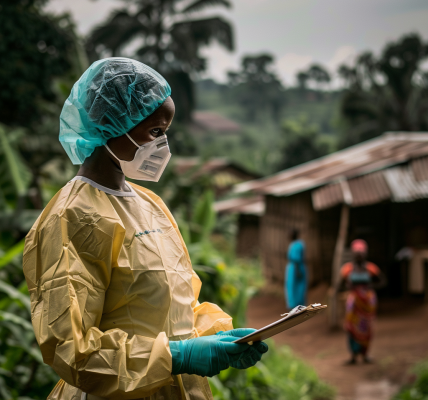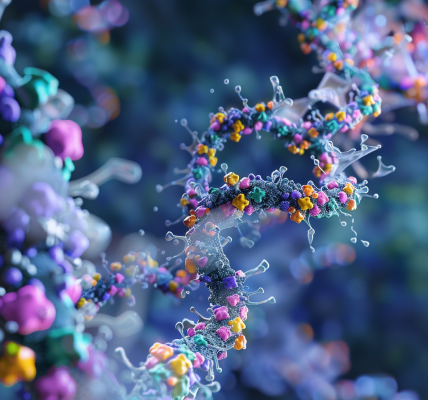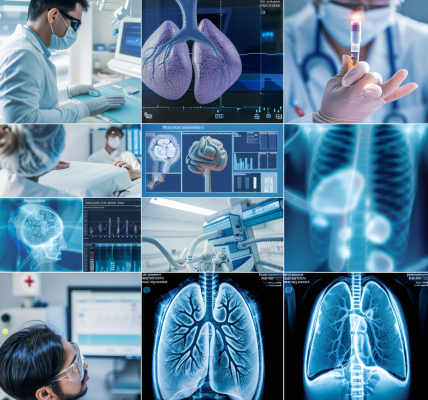The World Health Organization (WHO) has launched a new network, CoViNet, aimed at identifying, monitoring, and evaluating SARS-CoV-2, MERS-CoV, and emerging coronaviruses that pose significant public health risks.
The program expands on the WHO COVID-19 reference laboratory network, established in January 2020, in the early days of the pandemic. Originally, the network’s primary goal was to offer confirmatory testing to countries lacking the capacity for testing SARS-CoV-2, including new variants. Over time, the requirements related to SARS-CoV-2 have changed. As such, CoViNet, with its “enhanced epidemiological and laboratory capacities,” according to WHO, will focus on tracking the virus’s evolution and the spread of variants and evaluating how these variants affect public health. The network brings together experts in animal health and environmental surveillance, other existing coronaviruses, and the identification of novel coronaviruses that could negatively affect human health.
The network will emphasize the significance of adopting a “OneHealth” strategy, the agency also added in a press release. The COVID-19 pandemic underscored the need for a comprehensive health approach that considers interactions among various species. The virus likely originated from a bat and was transmitted to humans through infected mammals kept and processed under unhygienic conditions at a market in Wuhan, China.
Finally, CoViNet will contribute to shaping WHO policies regarding public health and medical interventions. The data collected by CoViNet will inform the decisions of WHO’s Technical Advisory Groups on Viral Evolution and Vaccine Composition, among others. This will help ensure global health strategies and tools are grounded in the most up-to-date scientific insights.
“Coronaviruses have time and again demonstrated their epidemic and pandemic risk. We thank our partners from around the world who are working to better understand high-threat coronaviruses like SARS, MERS, and COVID-19 and to detect novel coronaviruses,” said Dr Maria Van Kerkhove, acting Director of WHO’s Department of Epidemic and Pandemic Preparedness and Prevention. “This new global network for coronaviruses will ensure timely detection, monitoring, and assessment of coronaviruses of public health importance.”
So far, 36 laboratories from 21 countries are involved in the network – from FIOCRUZ in Brazil to Geneva University Hospitals.





